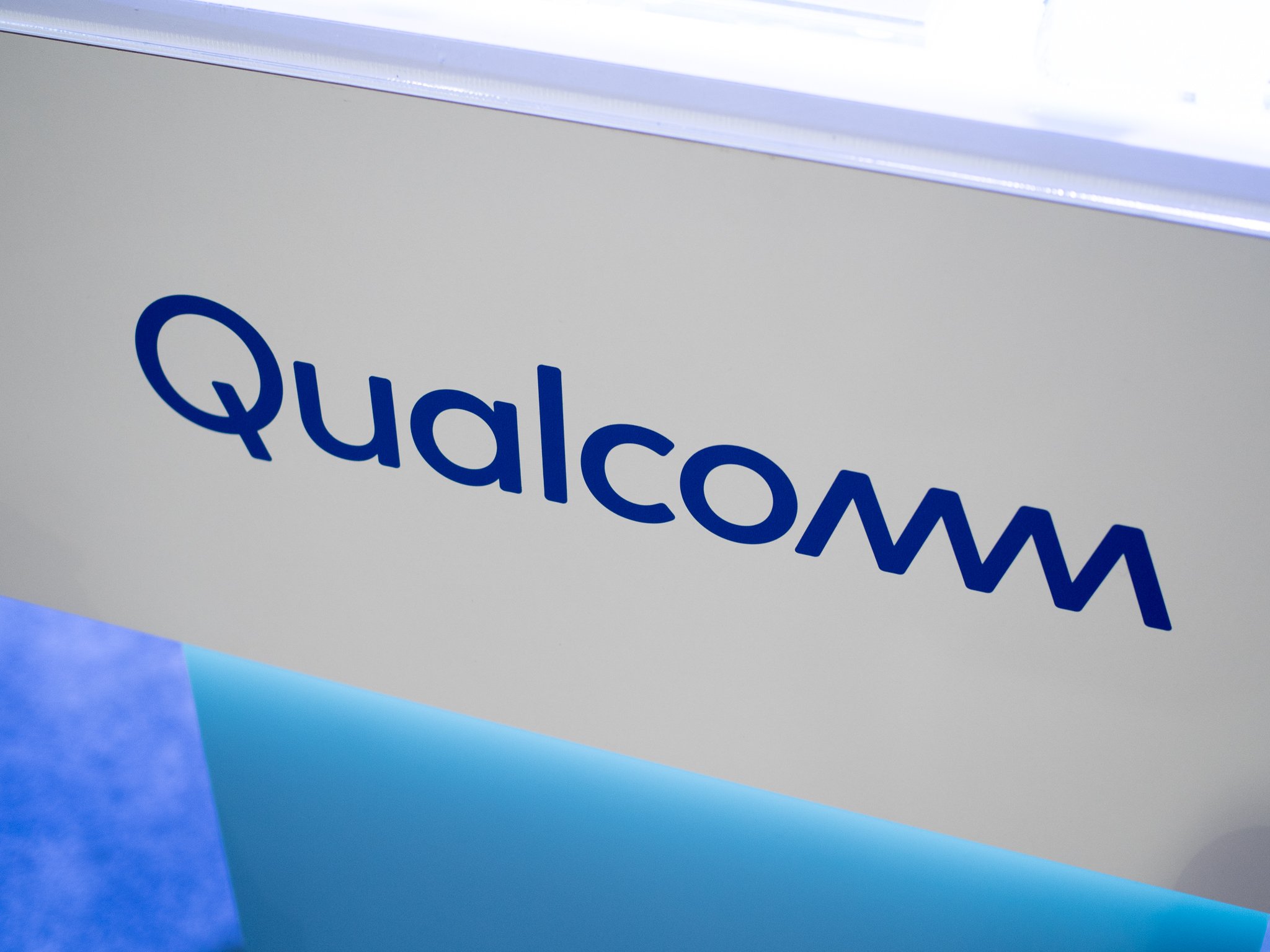The $1 billion Apple-Intel 5G deal is a win-win, but Qualcomm shouldn't be worried (yet)

In a deal that should surprise exactly nobody, Apple has announced a $1 billion acquisition of a majority of Intel's modem business. The deal sends the "majority" of Intel's smartphone modem business, intellectual property and 2,200 related employees to Apple, leaving Intel to focus on the PC, enterprise and network side things.
Intel didn't want anything to do with smartphone 5G anymore, and Apple needed to kickstart its own efforts.
This is purely a win-win situation for Apple and Intel. Intel was widely known to be far behind in 5G smartphone modem technology compared to Qualcomm (and just about everyone else), and Apple was its only noteworthy customer — and a disgruntled one at that. Facing the reality that it was already losing, it only made sense for Intel cut bait and get value from its patents and employees while they were still worth something in the market.
On the buyer's side, Apple has shown a clear desire to bring the development of as many components as possible in-house, and has seen great benefits from doing so with its processors already. Bringing wireless technology patents and seasoned modem engineers into a company that already has a robust amount of both only hastens Apple's ambitions to make its own smartphone modems rather than relying on a partnership.
Combining the acquired patents for current and future wireless technology with Apple's existing portfolio, Apple will hold over 17,000 wireless technology patents, ranging from protocols for cellular standards to modem architecture and modem operation.
The immediate reaction from the non-Apple side of things is to think about what this means for Qualcomm, which is the clear leader in smartphone 5G technology. Though spending $1 billion to acquire thousands of employees and an entire smartphone 5G business from Intel may initially seem like a shot across Qualcomm's bow, I don't see this troubling the San Diego-based company for multiple years.
This deal does nothing to affect the fact that Qualcomm is the leader in smartphone 5G.
Apple clearly agrees: it was only three months ago that it settled an going legal dispute with Qualcomm and paid the company upwards of $4.5 billion for a 6-to-8-year chipset licensing deal. Apple may have just spent good money on its acquisition of Intel's smartphone 5G business, but we have to remember that the reason why that business was up for sale at that price in the first place was its nascent position in the market. Bringing clearly inferior 5G modem technology into Apple doesn't automatically make it great and usable — Apple cares about using what's best, and just paid multiple times the Intel acquisition amount to keep using Qualcomm's modems for the foreseeable future.
With a 6-to-8-year runway of great Qualcomm chips ahead, Apple has plenty of time to integrate that Intel technology and those employees to make great 5G modems — there's no need to rush and put out something subpar to break ties with Qualcomm early. Now of course Qualcomm can't exactly rely on that deal getting renewed at the end of the current term, given Apple's clear intentions of going its own way, but that's a problem for 4+ years from now, not today. For this early rollout of 5G devices, Qualcomm has Apple locked in just like so many other partners.
Get the latest news from Android Central, your trusted companion in the world of Android

Andrew was an Executive Editor, U.S. at Android Central between 2012 and 2020.

